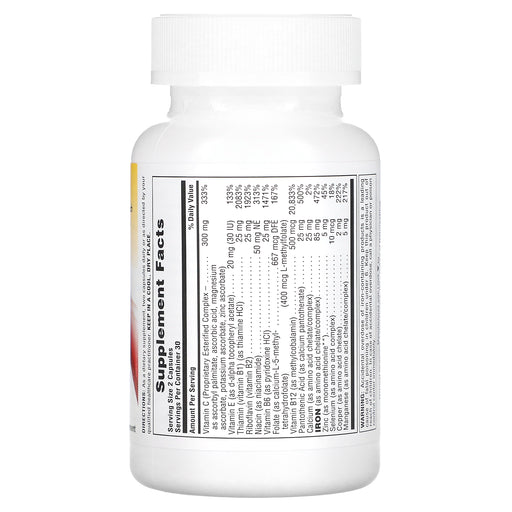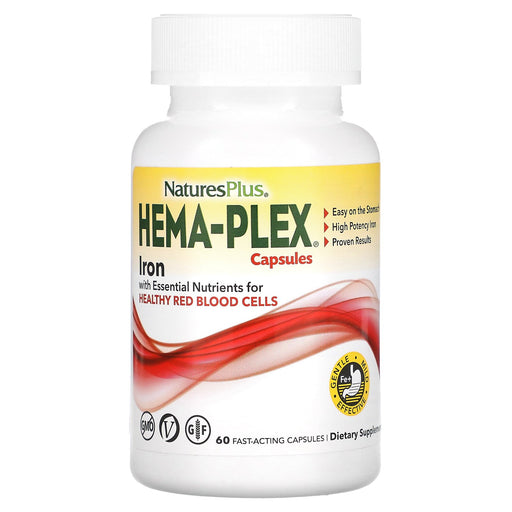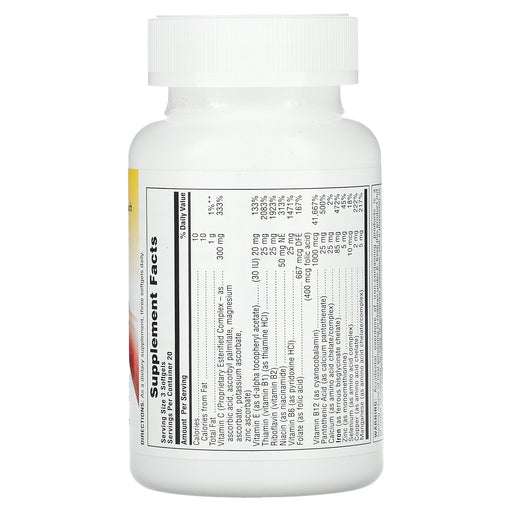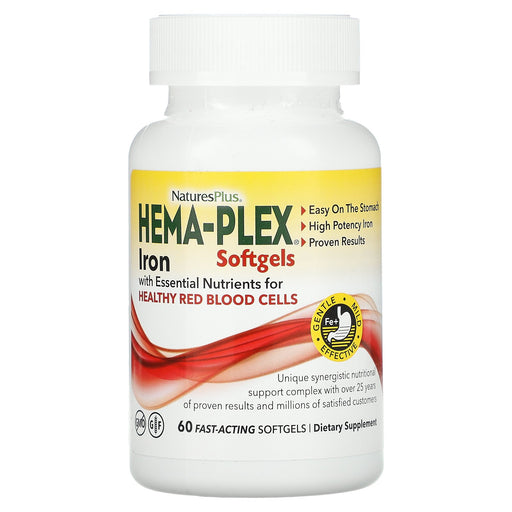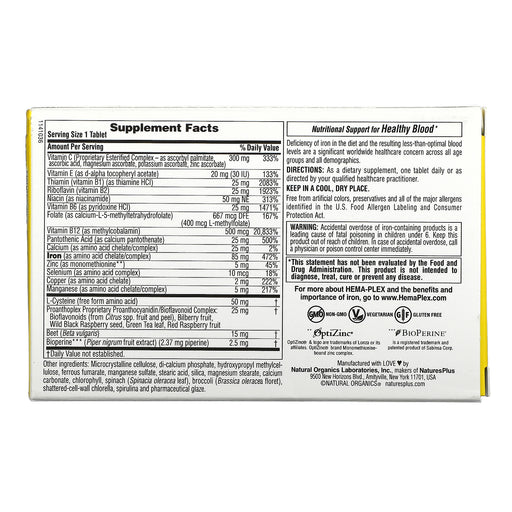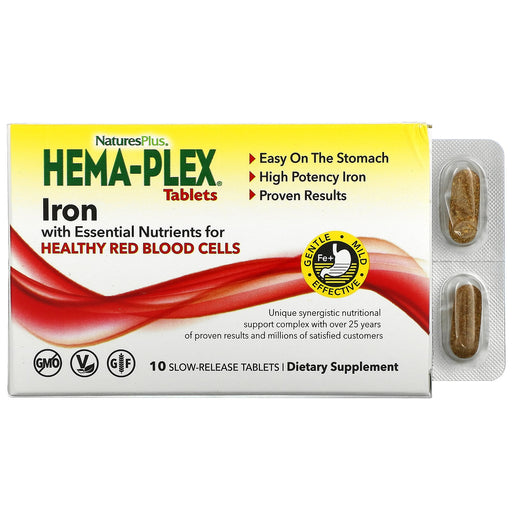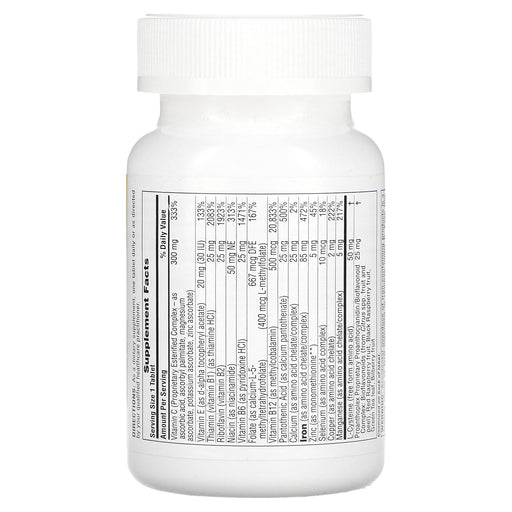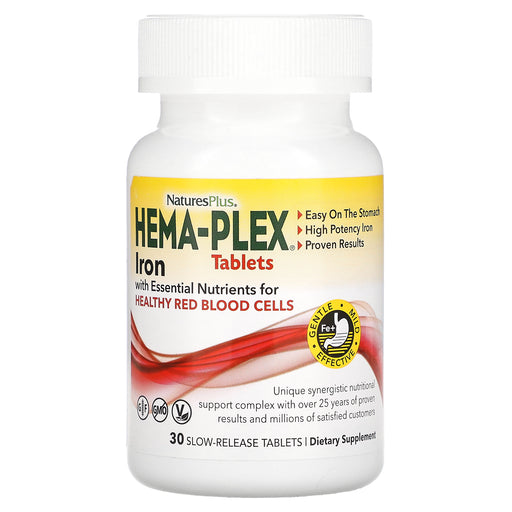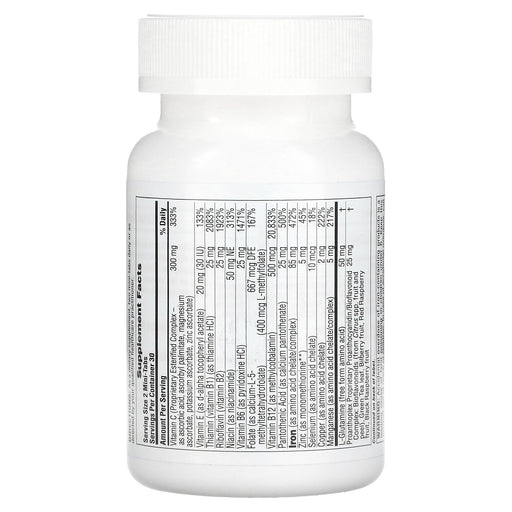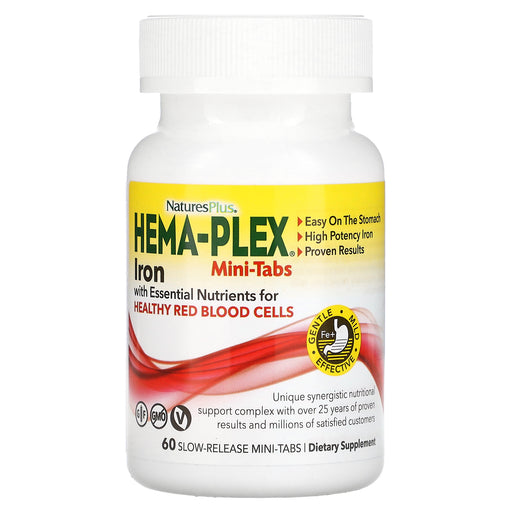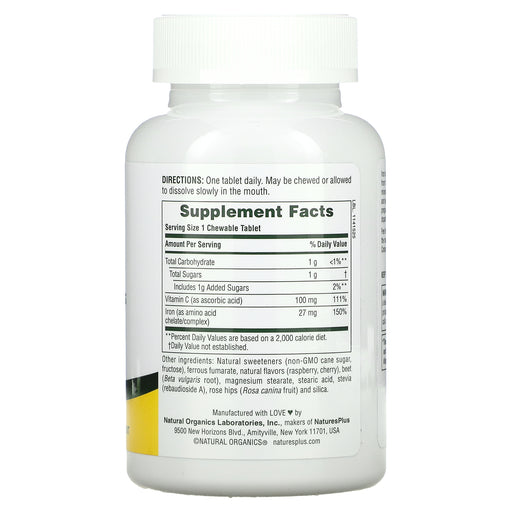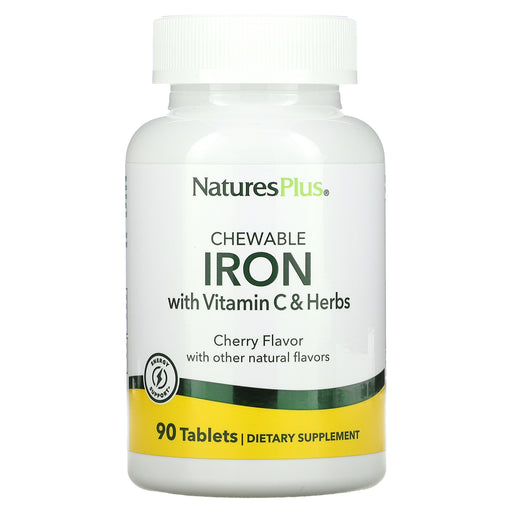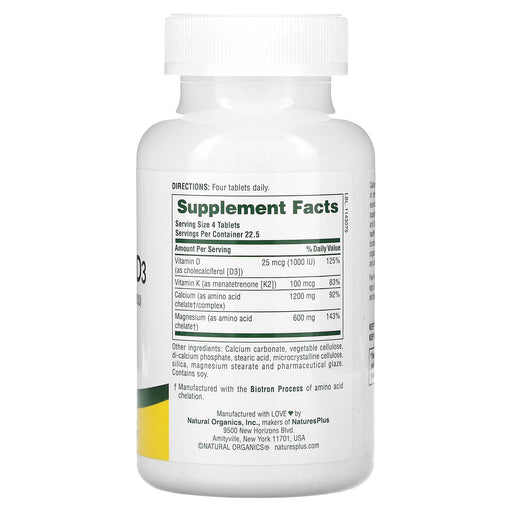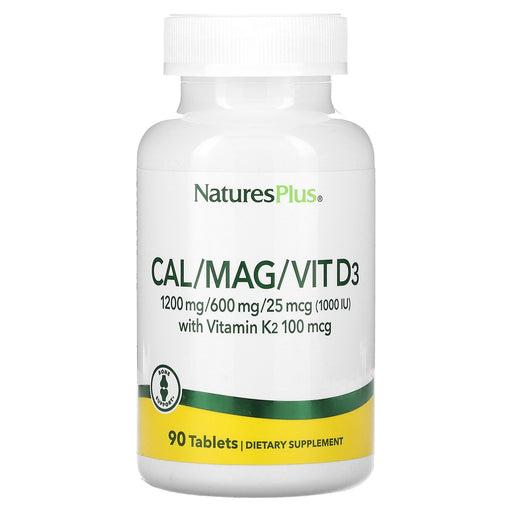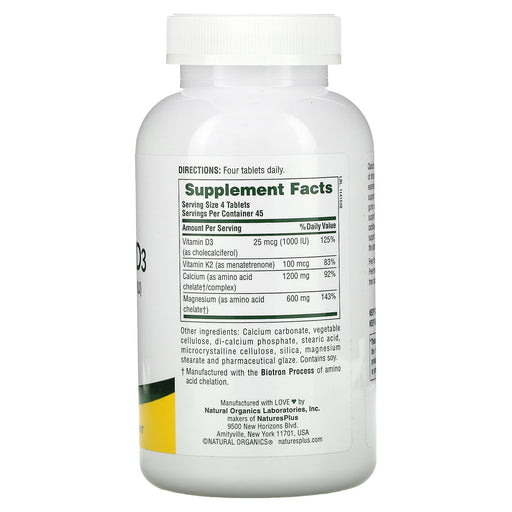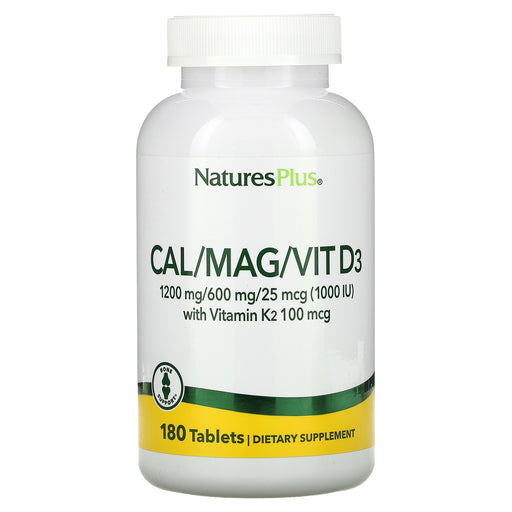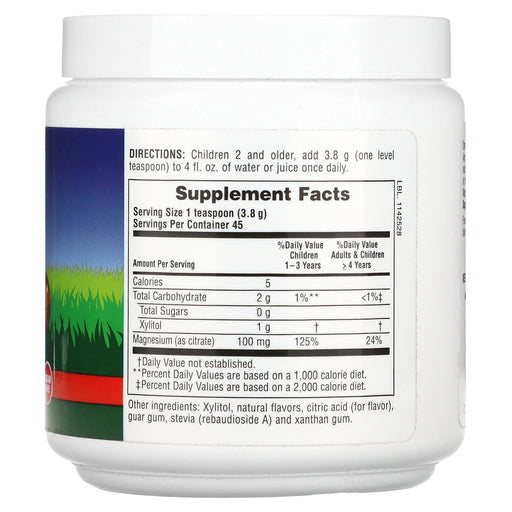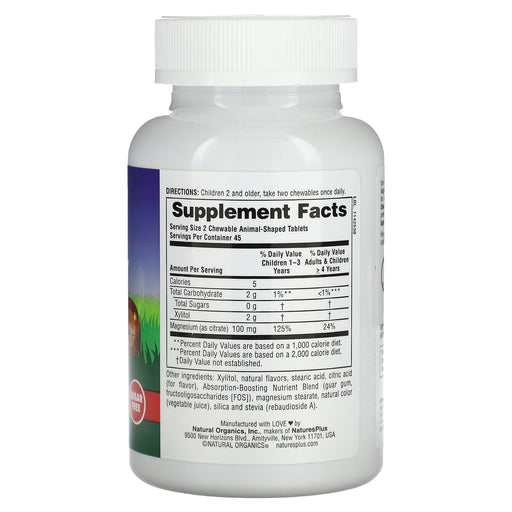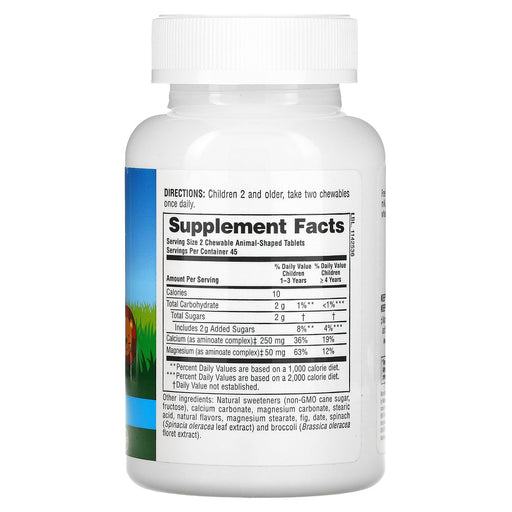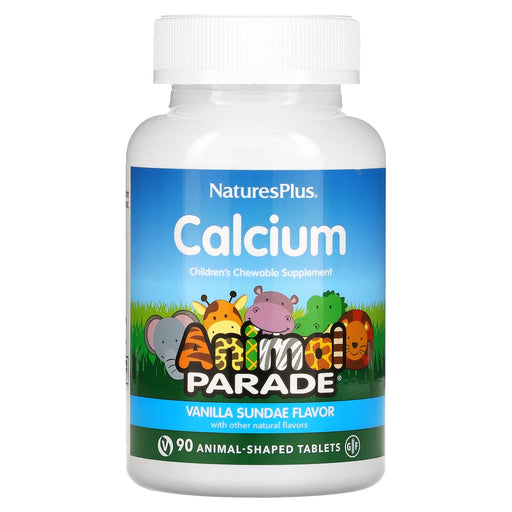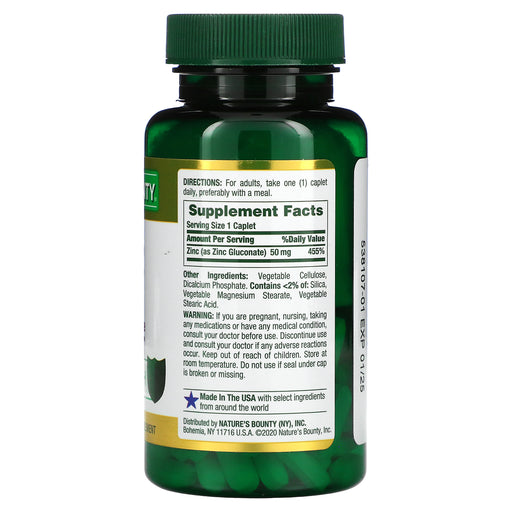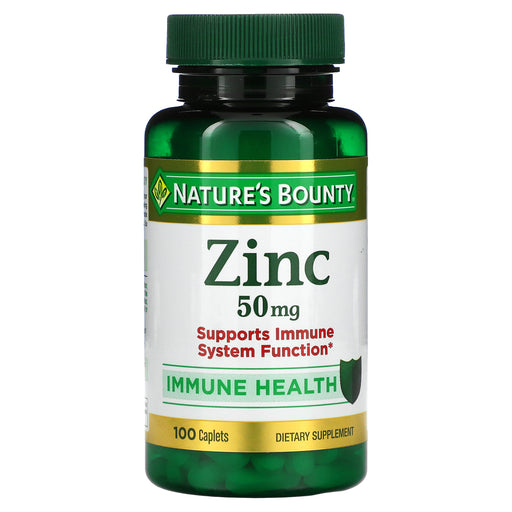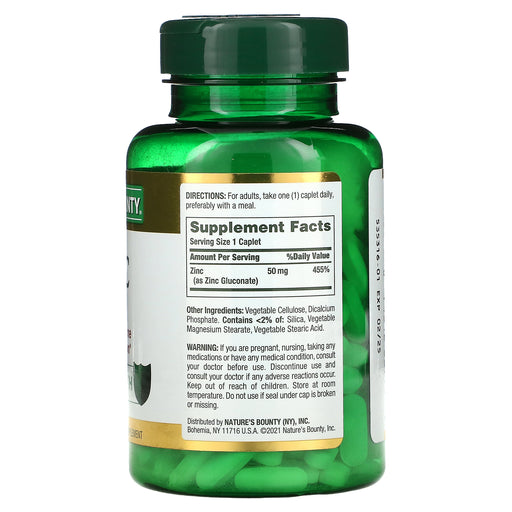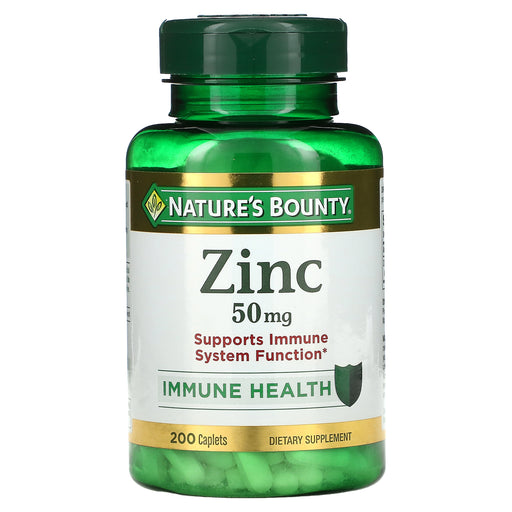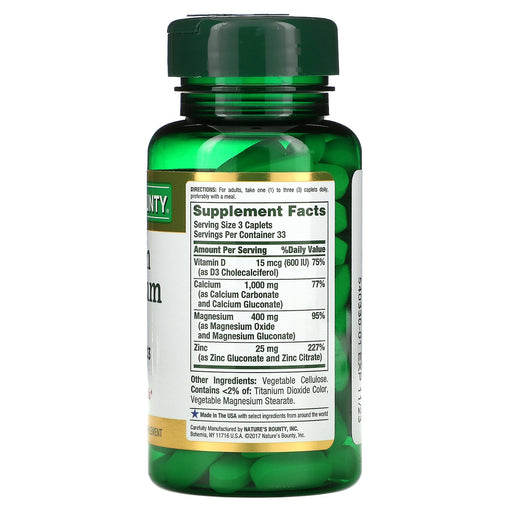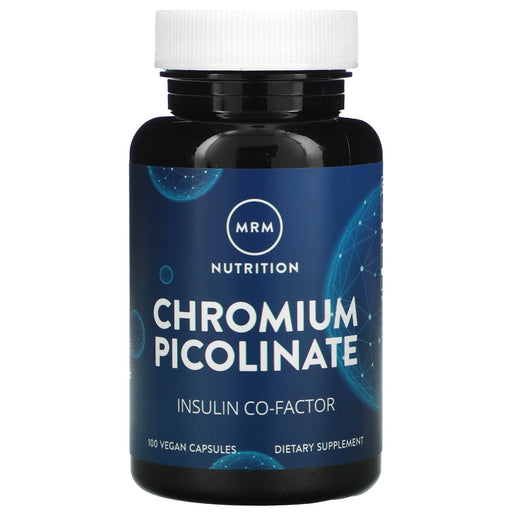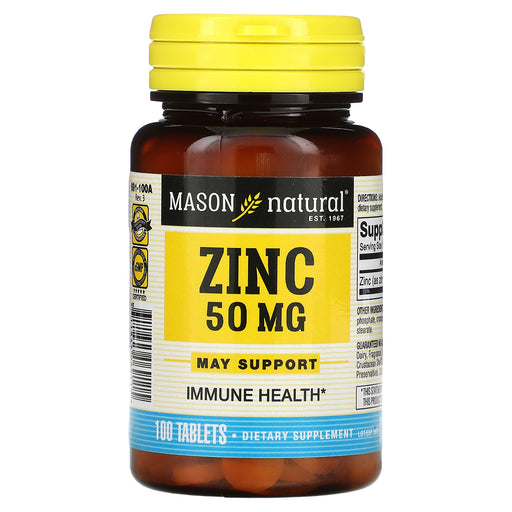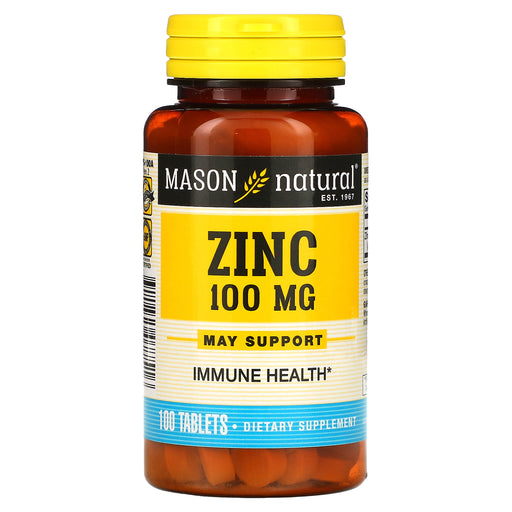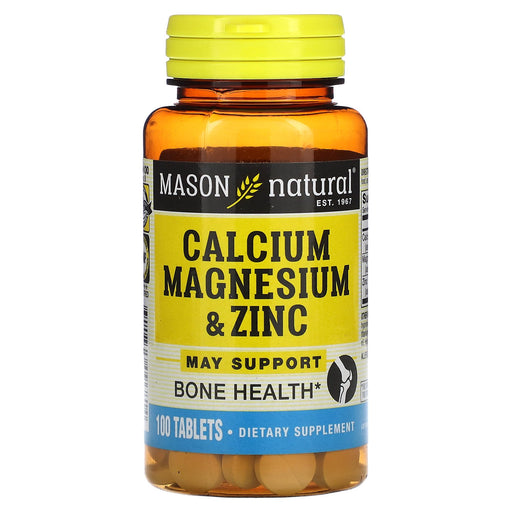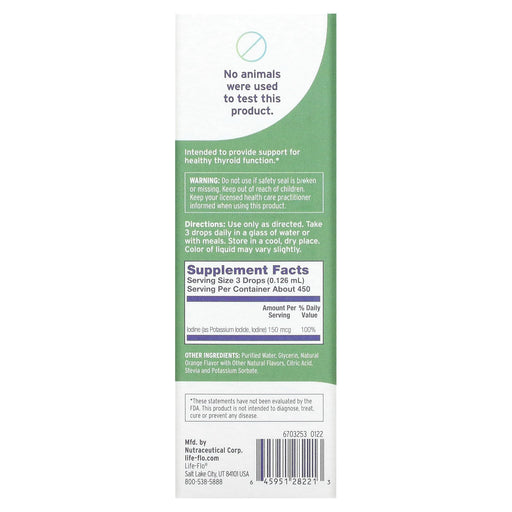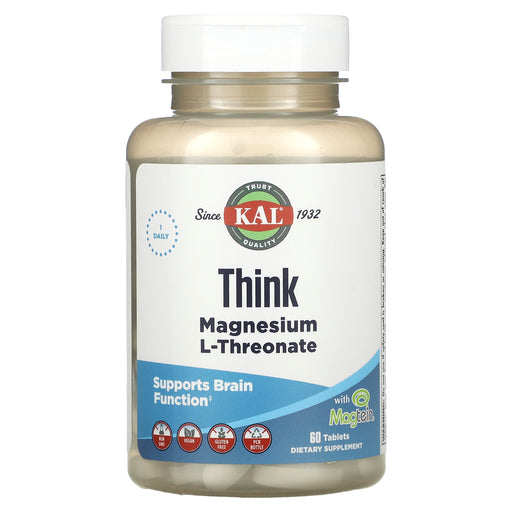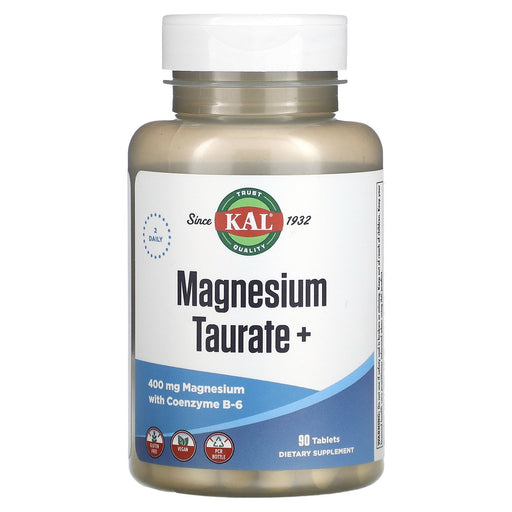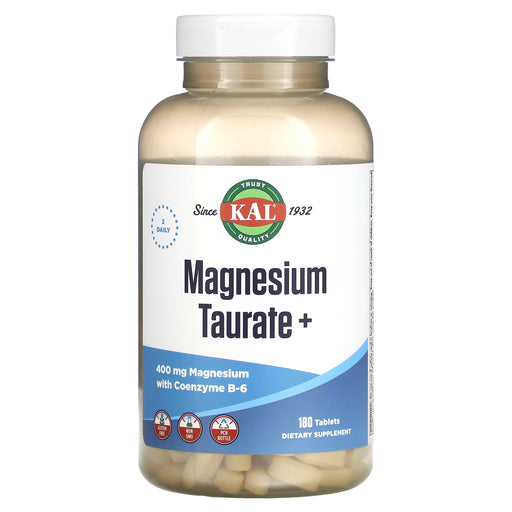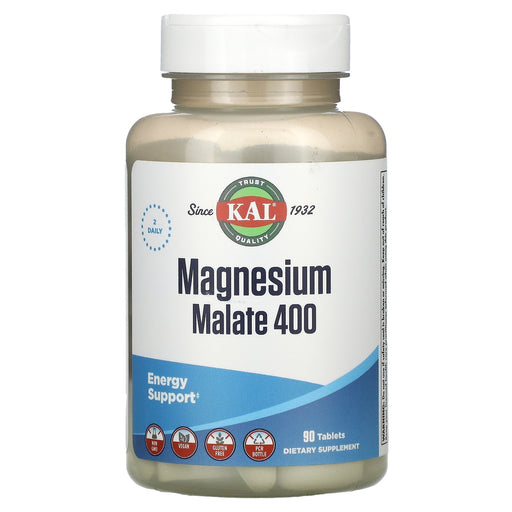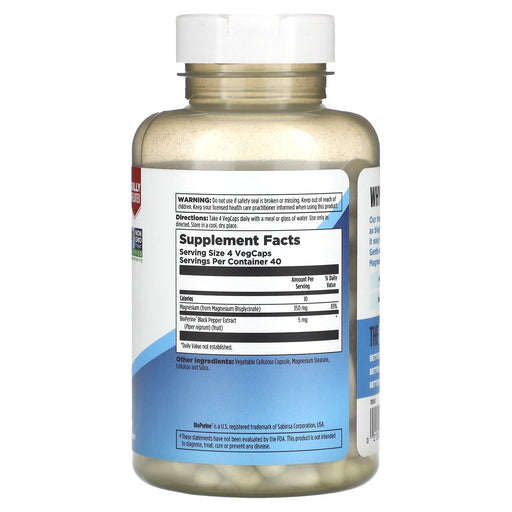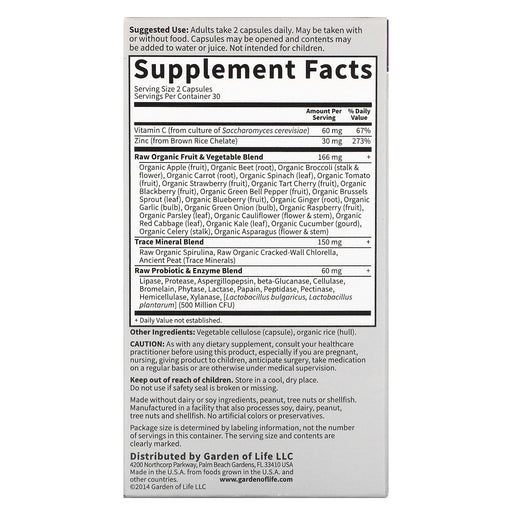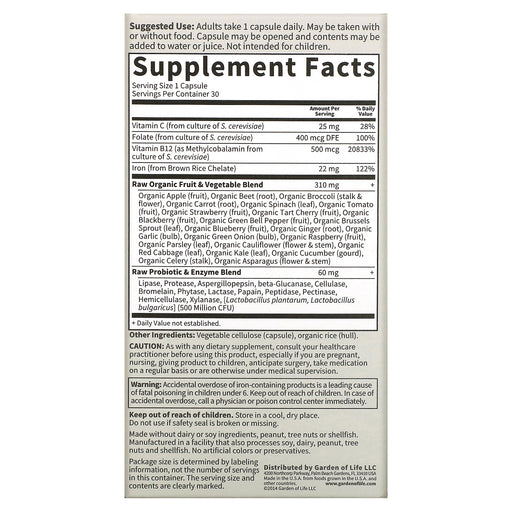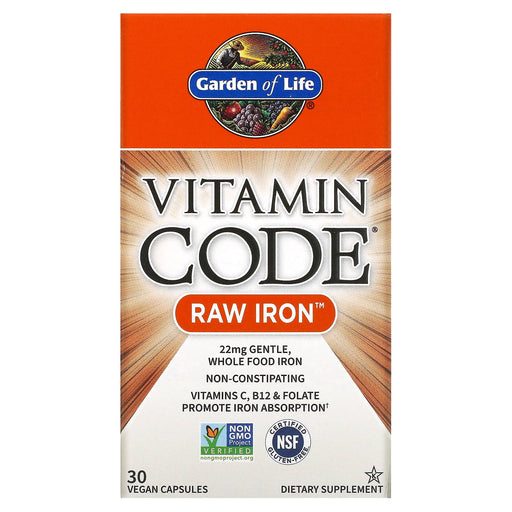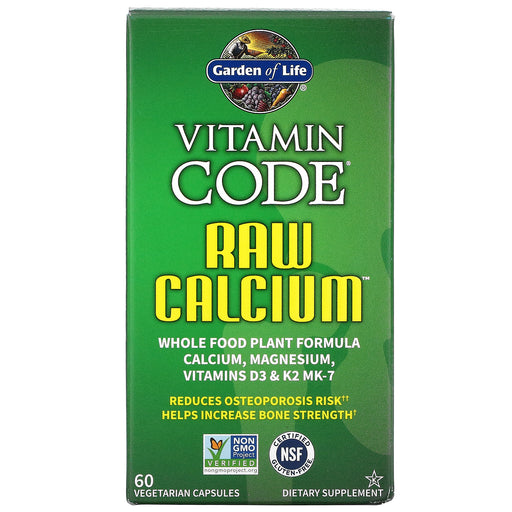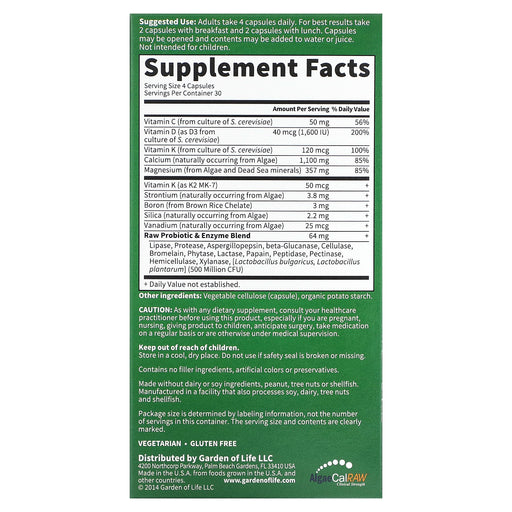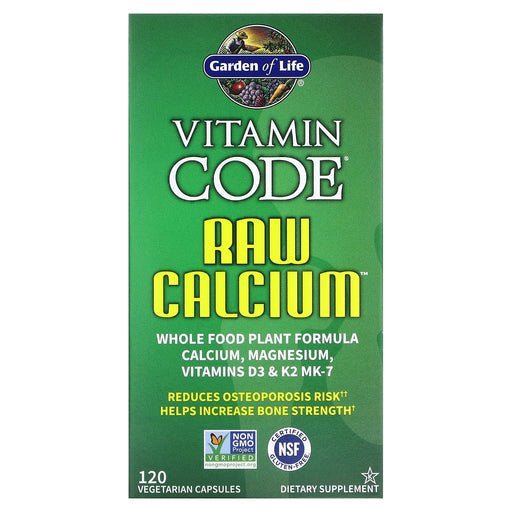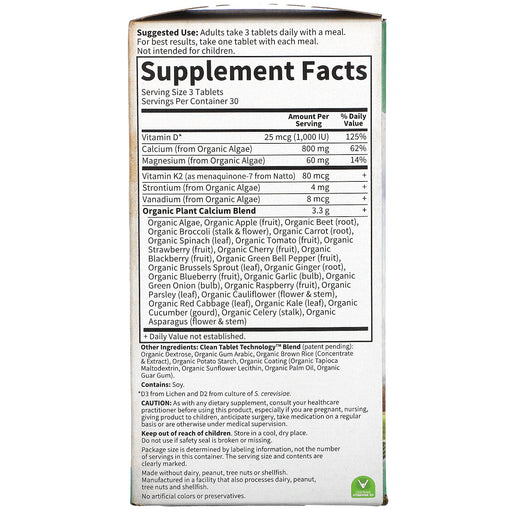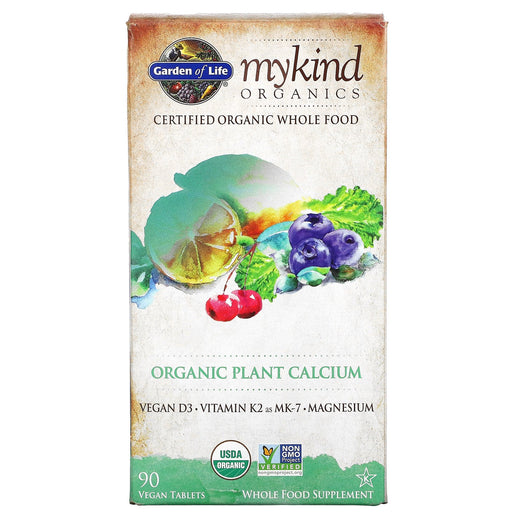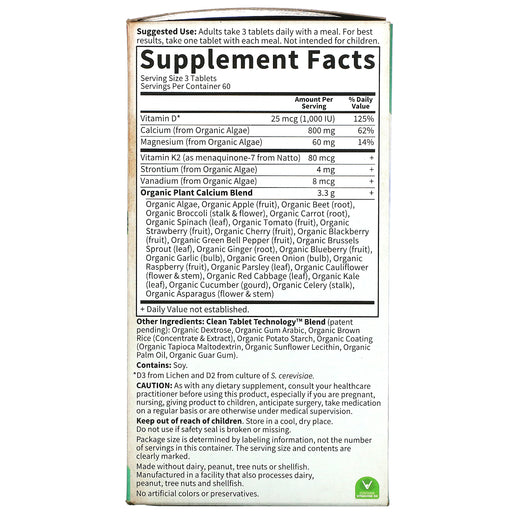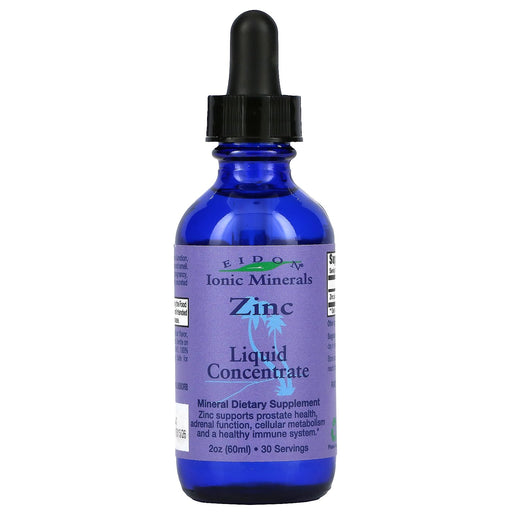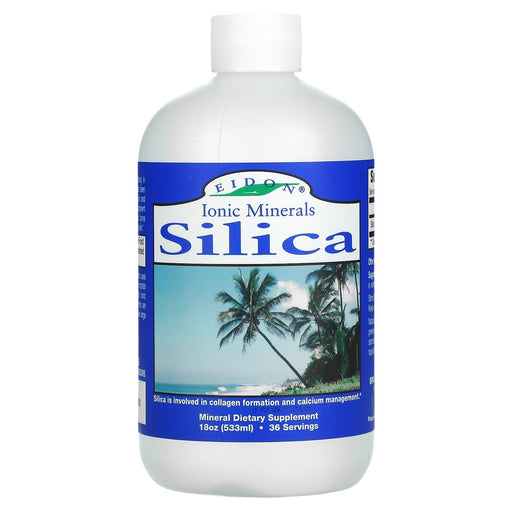
Unleashing Optimal Health and Vitality with Essential Minerals
Minerals are essential nutrients that play a vital role in maintaining optimal health and well-being. These inorganic substances are required for a wide range of bodily functions, from building strong bones and teeth to supporting energy production, muscle function, and neurological health. While a balanced diet should provide many of the essential minerals needed for good health, mineral deficiencies are common, particularly in certain populations or among those with specific health concerns. By incorporating high-quality mineral supplements into your wellness routine, you can ensure that your body receives the comprehensive nutritional support it needs to thrive, promoting optimal vitality, resilience, and overall health.
The Key Roles of Essential Minerals in the Body
Essential minerals are classified into two categories based on the amount required by the body: macrominerals and trace minerals. Macrominerals, such as calcium, magnesium, and potassium, are needed in larger amounts, while trace minerals, like iron, zinc, and selenium, are required in smaller quantities. Despite their differences in daily requirements, both macrominerals and trace minerals play crucial roles in various physiological processes, including:
- Bone and Tooth Health: Minerals like calcium, phosphorus, and magnesium are essential for building and maintaining strong bones and teeth, reducing the risk of osteoporosis and other bone-related disorders.
- Energy Production: Minerals such as iron, magnesium, and manganese are involved in the production of cellular energy, supporting optimal metabolism and vitality.
- Muscle and Nerve Function: Minerals like calcium, magnesium, and potassium are crucial for proper muscle contraction and relaxation, as well as for the transmission of nerve impulses throughout the body.
- Hormone and Enzyme Regulation: Many minerals, such as zinc, selenium, and iodine, serve as cofactors for enzymes and are involved in the production and regulation of hormones, supporting overall endocrine function.
- Antioxidant Protection: Certain minerals, like selenium and zinc, act as antioxidants, helping to protect cells from oxidative stress and damage, which can contribute to the development of chronic diseases.
The Importance of Mineral Balance and Bioavailability
Achieving and maintaining optimal mineral balance is essential for overall health and well-being. However, several factors can influence mineral absorption and utilization, including:
- Dietary Factors: The presence of certain compounds in the diet, such as phytates and oxalates, can bind to minerals and reduce their absorption, while other nutrients, like vitamin C, can enhance mineral uptake.
- Digestive Health: Proper digestion and a healthy gut lining are essential for optimal mineral absorption, as impaired digestive function can lead to mineral deficiencies even in the presence of adequate dietary intake.
- Lifestyle Factors: Certain lifestyle habits, such as smoking, excessive alcohol consumption, and chronic stress, can deplete mineral stores and impair mineral utilization in the body.
- Medication Interactions: Some medications, such as proton pump inhibitors and antibiotics, can interfere with mineral absorption or deplete mineral stores in the body.
To ensure optimal mineral balance and utilization, it's essential to choose mineral supplements that are highly bioavailable and formulated for optimal absorption. Some key factors to consider when selecting mineral supplements include:
- Chelated or Amino Acid-Bound Forms: Minerals that are chelated or bound to amino acids, such as bisglycinate or citrate forms, tend to be more easily absorbed and utilized by the body compared to inorganic forms like oxides or carbonates.
- Complementary Nutrient Blends: Certain vitamins and minerals work synergistically to enhance absorption and utilization, such as vitamin D and calcium or vitamin C and iron. Look for mineral supplements that contain complementary nutrients for optimal efficacy.
- Targeted Formulations: Choose mineral supplements that are tailored to your specific health needs and concerns, such as bone health, energy support, or immune function, to ensure targeted nutritional support.
- Quality and Purity: Opt for mineral supplements that are manufactured in GMP-certified facilities and undergo rigorous testing for purity, potency, and safety, ensuring the highest quality and consistency.
Key Minerals for Optimal Health and Well-Being
While all essential minerals play important roles in maintaining health, some minerals are particularly notable for their widespread effects on various bodily systems and functions. Some of the key minerals to consider incorporating into your wellness routine include:
- Calcium: Essential for strong bones and teeth, proper muscle function, and healthy nerve signaling, calcium is a crucial mineral for overall health and well-being.
- Magnesium: This versatile mineral supports energy production, muscle and nerve function, stress management, and overall cellular health, making it a foundational nutrient for optimal vitality.
- Iron: Necessary for the production of hemoglobin and the transport of oxygen throughout the body, iron is essential for energy, cognitive function, and overall health, particularly in women of reproductive age.
- Zinc: This immune-boosting mineral plays a vital role in wound healing, protein synthesis, and overall cellular function, making it a key nutrient for optimal health and resilience.
- Selenium: A potent antioxidant mineral, selenium supports thyroid function, immune health, and overall cellular protection, helping to reduce the risk of chronic diseases and promote longevity.
Experience the Power of Minerals for Your Health Journey
At Health Orchard, we are dedicated to providing our customers with the highest quality mineral supplements to support optimal health, vitality, and well-being. Our carefully curated selection features mineral products from trusted brands, formulated with bioavailable, chelated forms and complementary nutrient blends for maximum efficacy and safety.
Whether you're looking to support bone health, boost energy levels, enhance immune function, or simply ensure comprehensive nutritional support, our mineral supplement collection has the perfect products to meet your unique needs and goals.
Witness the power of essential minerals and experience the difference that targeted nutritional support can make in your journey towards optimal health and vitality. Browse our collection today and take the first step towards unleashing your body's full potential with these foundational nutrients. By combining targeted mineral supplementation with a well-rounded approach to nutrition and lifestyle, you can create a comprehensive wellness plan that supports your unique health needs and goals, empowering you to achieve optimal vitality, resilience, and overall well-being.
Frequently Asked Questions about Minerals
1. What are mineral supplements for?
Mineral supplements are designed to provide the body with essential minerals that may be lacking in the diet. Minerals play crucial roles in various bodily functions, such as:
- Building strong bones and teeth (e.g., calcium, magnesium, and phosphorus)
- Supporting muscle and nerve function (e.g., magnesium, potassium)
- Regulating fluid balance (e.g., sodium, potassium)
- Aiding in energy production and metabolism (e.g., iron, magnesium)
- Supporting immune function (e.g., zinc, selenium)
Mineral supplements can help fill nutritional gaps and ensure that the body has adequate amounts of these essential nutrients to function optimally.
2. What is the best form of mineral supplement?
The best form of mineral supplements depends on the specific mineral and individual needs. Some common forms include:
- Chelated minerals: Bound to amino acids for better absorption (e.g., calcium citrate, magnesium glycinate)
- Mineral salts: Inorganic compounds that provide the mineral (e.g., calcium carbonate, magnesium oxide)
- Mineral complexes: Combinations of minerals and other compounds (e.g., bone meal, multi-mineral formulas)
- Liquid minerals: Dissolved in liquid for easy absorption (e.g., ionic mineral solutions)
Factors to consider when choosing a mineral supplement form include bioavailability, tolerability, and specific health needs. Consulting with a healthcare professional can help determine the most appropriate form for your individual situation.
3. Is it safe to take mineral supplements?
Mineral supplements are generally safe when taken in recommended doses and under the guidance of a healthcare professional. However, it's essential to be aware of potential risks:
- Interactions with medications: Some minerals may interact with certain medications, affecting their absorption or efficacy
- Overdose: Consuming excessive amounts of certain minerals can lead to toxicity and adverse health effects
- Quality concerns: Not all mineral supplements are created equal, and some may contain contaminants or have inaccurate labeling
To ensure safety, choose high-quality supplements from reputable brands, follow dosage instructions, and consult with a healthcare professional, especially if you have pre-existing health conditions or are taking medications.
4. What does taking minerals do for your body?
Taking mineral supplements can help support various aspects of health and bodily functions, depending on the specific minerals consumed. Some key benefits include:
- Supporting bone and dental health (e.g., calcium, magnesium, phosphorus)
- Maintaining proper muscle and nerve function (e.g., magnesium, potassium)
- Regulating fluid balance and blood pressure (e.g., sodium, potassium)
- Supporting energy production and metabolism (e.g., iron, magnesium)
- Boosting immune function (e.g., zinc, selenium)
- Aiding in wound healing and tissue repair (e.g., zinc, copper)
- Supporting healthy skin, hair, and nails (e.g., silica, biotin)
Adequate mineral intake, through a balanced diet and supplementation when necessary, is crucial for maintaining overall health and preventing deficiencies.
5. Is it good to take minerals every day?
Whether it's good to take mineral supplements every day depends on your individual needs and the specific minerals in question. Some people may benefit from daily mineral supplementation if they have:
- Restricted diets (e.g., vegan, vegetarian, or low-calorie diets)
- Malabsorption issues (e.g., due to digestive disorders or surgery)
- Increased nutritional needs (e.g., during pregnancy, breastfeeding, or recovery from illness)
- Specific health conditions that affect mineral absorption or utilization
However, it's essential not to exceed the recommended daily intake for each mineral, as this can lead to adverse health effects. Consulting with a healthcare professional can help determine if daily mineral supplementation is appropriate for your specific situation and which minerals you may need.
6. When should I take mineral supplements?
The best time to take mineral supplements depends on the specific mineral and the individual's needs. Some general guidelines include:
- With a meal: Many minerals are best absorbed when taken with food, as this stimulates digestive enzymes and reduces the risk of gastrointestinal discomfort
- In divided doses: For certain minerals, such as calcium and magnesium, splitting the daily dose into smaller amounts taken throughout the day may improve absorption and tolerability
- Away from medications: Some minerals may interact with certain medications, so it's essential to follow the instructions provided by your healthcare professional or pharmacist
- At a consistent time: Taking mineral supplements at the same time each day can help establish a routine and ensure consistent intake
Ultimately, it's best to follow the instructions on the supplement label or consult with a healthcare professional for personalized guidance on when to take mineral supplements.
7. What are examples of mineral supplements?
Some common examples of mineral supplements include:
- Calcium: Supports bone and dental health, muscle function, and nerve signaling
- Magnesium: Aids in energy production, muscle and nerve function, and bone health
- Iron: Essential for red blood cell formation and oxygen transport
- Zinc: Supports immune function, wound healing, and sensory perception
- Potassium: Regulates fluid balance, muscle contractions, and nerve signaling
- Selenium: Acts as an antioxidant and supports thyroid function
- Iodine: Essential for thyroid hormone production and cognitive development
- Chromium: Helps regulate blood sugar levels and supports macronutrient metabolism
These minerals are available in various forms, such as tablets, capsules, liquids, and powders. Some supplements may contain a single mineral, while others provide a combination of minerals in a multi-mineral formula.


